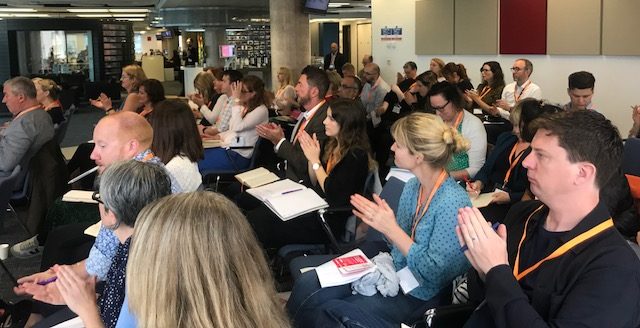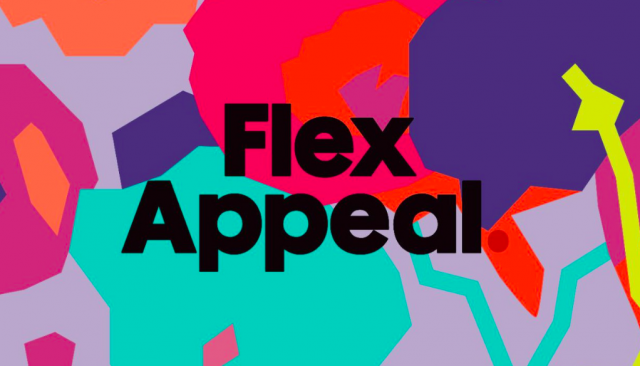3 behaviour change trends we’ll be riding in 2020

1. Co-production
We believe there’s a missing piece in behaviour change: co-production.
It’s not much talked about by UCL or the UK Government Communications Service or the Behavioural Insights Team. We think it should be.
Co-production is when people from the target audience (i.e. those we are seeking to influence) are engaged as partners.

It means working with them to apply their lived experience to inform, design, plan and fine-tune what we’re doing.
In some cases it means people with lived experience becoming advocates for the output, or being its owners, in order to drive it forward.
In 2020 we foresee increased demand for co-production among our clients. Why? Because more organisations are seeing that as an approach it generates higher-quality outputs – braver work, more nuanced, more tuned in and ultimately more able to effect lasting change.
But doing it is not easy. Co-production requires specialist knowledge and skills. Often it requires more time. But potentially the biggest blocker is that it requires organisations to adopt a different mindset. A lot of us just aren’t used to doing stuff with people rather than to people!
2. Flex appeal
The rise of flexible working is unstoppable. As an issue it has been in sharp ascent for a while now, but we think 2020 has the potential to be its tipping point year.
Why? Because more organisations are seeing that flexible working can create lasting behaviour change across multiple meaty challenges: attracting and retaining the best talent, closing the gender pay gap, increasing diversity, supporting people who care for their relatives, increasing mental wellness – the list goes on and on.

But introducing flexible working is a big shift. Employers want to be on the right side of it, but don’t always know what to do first or how to do it without breaking something. Ways of working that have become culturally embedded over decades can’t be swept away by a new policy parachuted in by HR. So the big shift to flexible working is happening gradually with different organisations working at different paces. But it is shifting now on a mass scale and in 2020 could well tip over in to being the new normal.
When Anna Whitehouse launched Flex Appeal in 2015 it really spoke to us. We contacted her. One thing led to another and now we’re working together on what has the potential to be a real fire starter of a campaign. Watch this space.
3. Public health policing
In 2019 we worked with a police force to develop a new campaign aiming to reduce consumer demand for cocaine. It is still in the early stages and we can’t talk about it much at the moment. But what I can say is that we’ve seen an increasing appetite among policing professionals for campaign approaches more typically seen in public health.
The people we worked with wanted rigorous, evidence-based planning and sophisticated evaluation with input from experts. They wanted solutions embedded in the communities they were serving. Real stakeholder partnerships. Iterative development using agile principles of test, learn, adapt.
My understanding is it hasn’t always been this way, but the winds are changing and leaders are calling for new approaches that may be able to get to the root causes of some kinds of crimes. There’s increasing recognition that the police can’t arrest their way out of the big challenges. Prevention has a critical role to play.
The highest profile example of the police taking a public health approach is of course knife crime. Mayor Sadiq is betting his reputation on London’s new Violence Reduction Unit being able to reduce the killings by adopting a public health approach pioneered in Scotland. For all of our sakes, we hope he’s right to do so.
In 2020 we foresee more police forces and other organisations in criminal justice beginning to use behavioural communications for upstream interventions. Unlike flexible working there’s a long way to go before anything like a tipping point is reached, most police forces are yet to dip their toes in, but there are some signs that we could be entering an interesting new era of behaviour-change in policing.
Interesting? If you’d like to know more about any of the above, please email me on ben@claremont.org.uk
